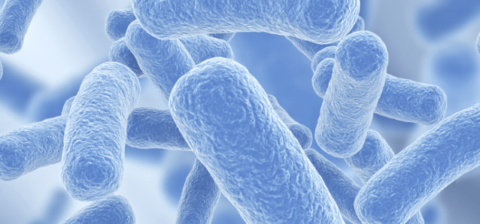

Legionellosis (also known as Legionnaires disease) is a progressive and potentially fatal atypical pneumonia caused by the inhalation of tiny water droplets containing Legionella bacteria. The onset is relatively abrupt with a membrane covering the lungs (pleurisy), high fever, headache, muscle pains, chills, confusion, etc, which can in some cases lead to death.
It is often treated in hospital with antibiotics, oxygen and breathing assistance and can take up to one year to fully recover – so it’s not something to be taken lightly.
Legionella bacteria, a naturally occurring organism in natural water systems, become conducive for infection in purpose-built water systems i.e. domestic hot and cold water where the bacteria is allowed to proliferate and contaminate under certain conditions. Legionella bacteria can colonise in plumbing, shower heads, water storage tanks and hot water cylinders. Other high-risk systems include cooling towers, spa pools and water features. An average of 250 cases of Legionnaires disease are reported each year in the UK. It is estimated that about 12% of those who contract it will die.



